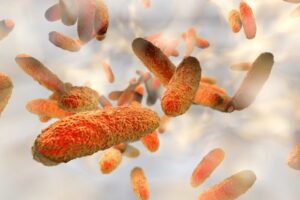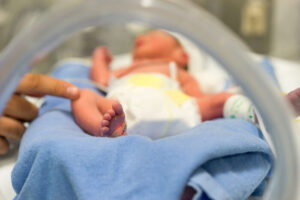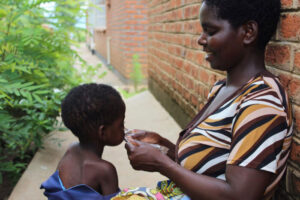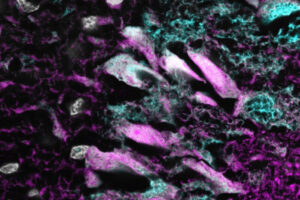A large team of researchers at Washington University School of Medicine in St. Louis has received nearly $8 million from the National Institute of Neurological Disorders and Stroke of the National Institutes of Health (NIH) to help determine the root causes of brain cell death in fatal pediatric neurodegenerative diseases.
$8 million awarded to study root causes of brain cell death in fatal pediatric diseases (Links to an external site)









